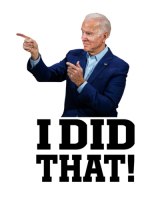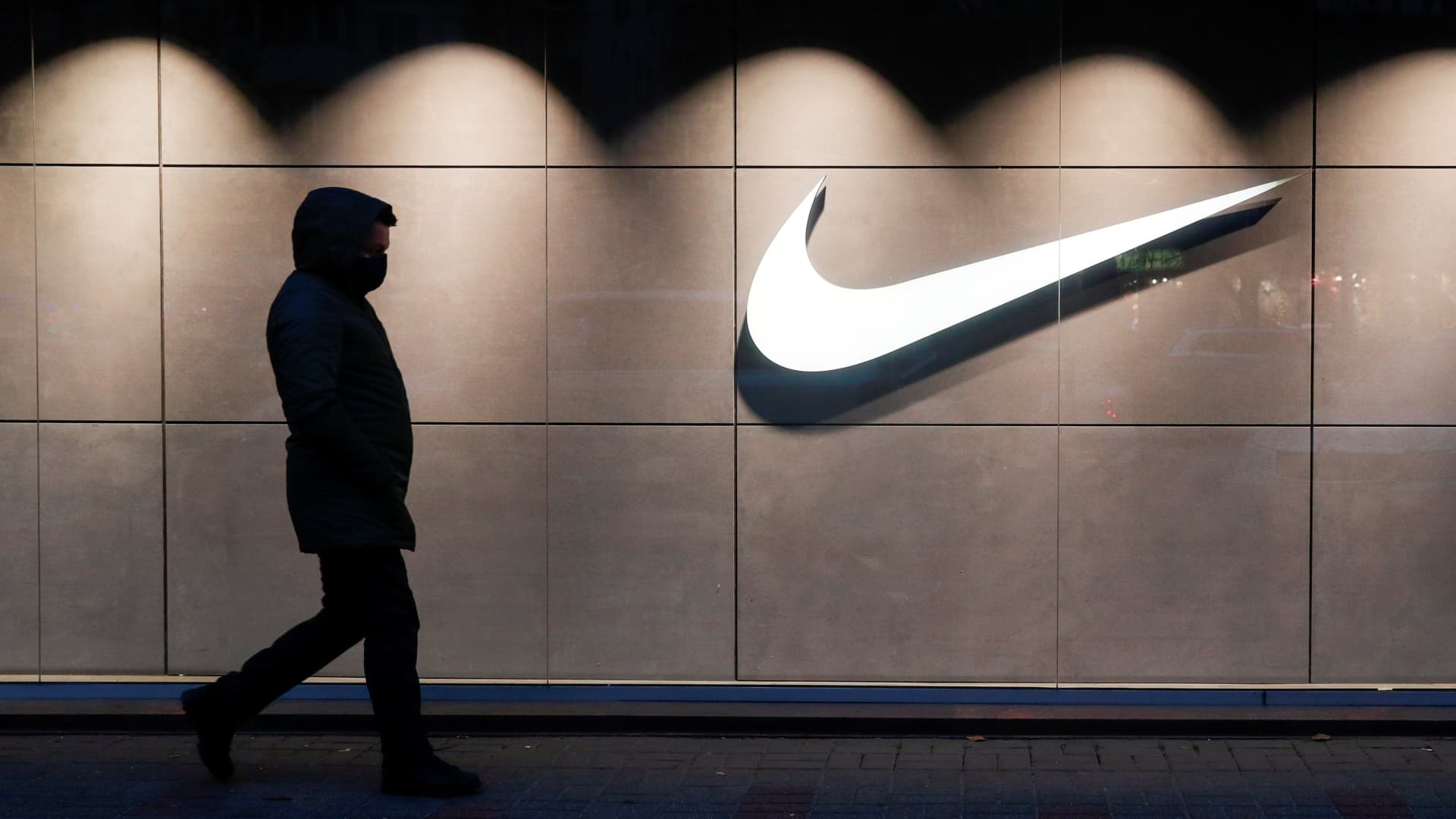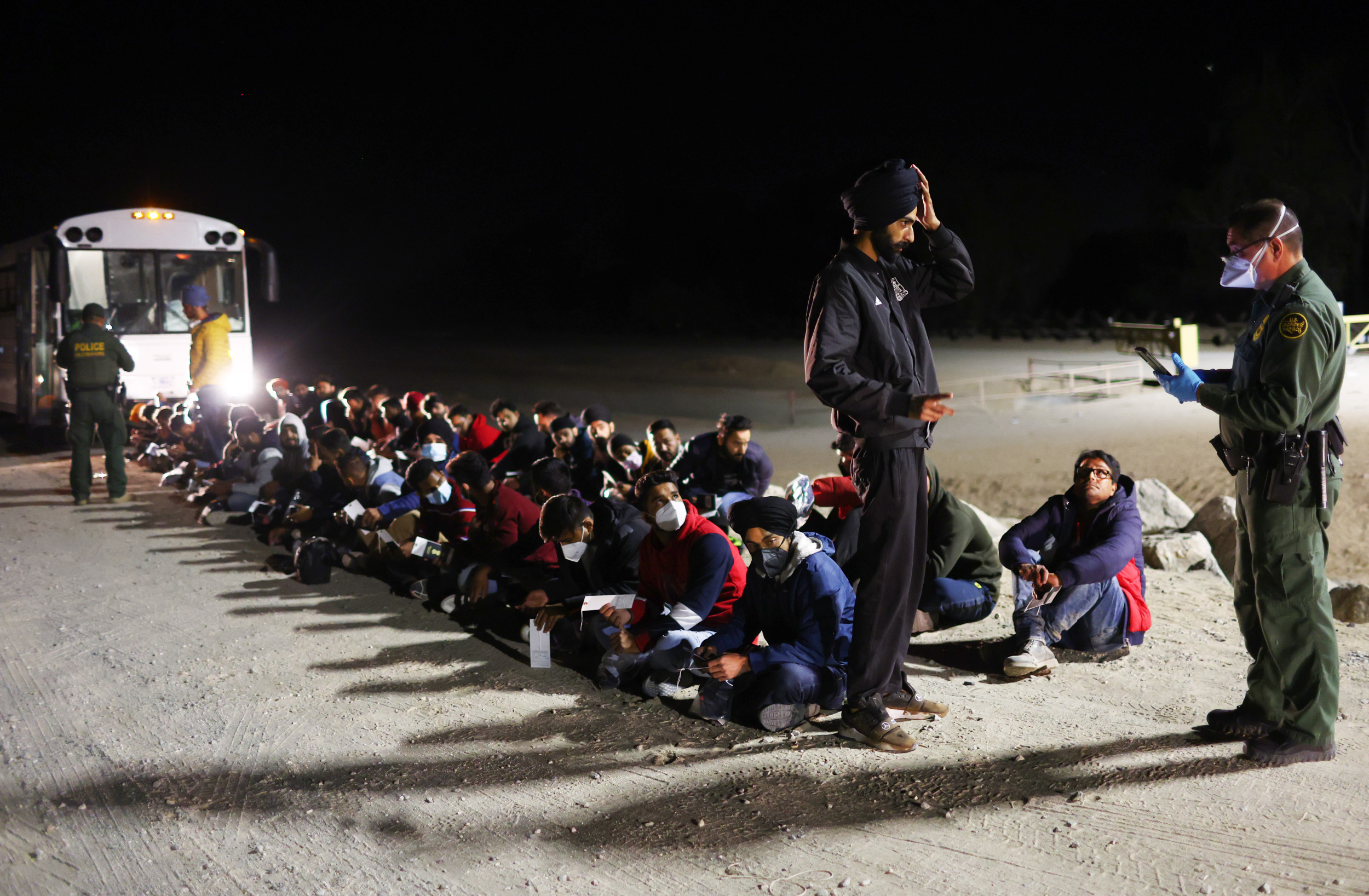It’s a dark time to be a tech worker right now
Nearly 300,00 tech employees laid off since last year.

It’s a dark time to be a tech worker right now
Nearly 300,000 tech employees have been laid off since last year, data shows.
For years, the tech industry seemed like the best place to grow a cushy, stable career. But as benefits disappear and companies lay off thousands, some are questioning whether they made the right choice.
In the first two months of the year alone, PayPal, Cisco, and Amazon, among others, have announced layoffs affecting thousands of workers, a continuation of the mass layoffs from last year. All in all, nearly 300,000 workers in the tech industry have lost their jobs in the past year, according to Layoffs.fyi.
While the wider macroeconomic environment is still good and job numbers have surpassed expectations, the good vibes have not rippled across all sectors. In tech, even those employees who were not laid off have seen employers scale back benefits while also demanding more of workers.
A job at Google was once seen as the epitome of a comfortable gig—complete with free meals, massages, and nap pods. Yet, gradually, those freebies have been pulled back. The pandemic was responsible for some cutbacks, such as changes to catering, a pause on free massages, and fitness-center closures. But even after the pandemic, some employees claim Google has also pared back its budget for food and team social events, as well as restricted employee travel to “business critical” trips, Business Insider reported.
At the same time, tech companies are asking their workers to show their commitment with return-to-office mandates or stricter performance reviews.
The pivot to demanding more from workers may be best exemplified by Meta. CEO Mark Zuckerberg labeled 2023 the “year of efficiency,” and since then has cut the company’s workforce by 22% while thinning out its middle management and asking some employees to reapply for jobs or be fired. Despite the massive scaling back on workers, Zuckerberg said earlier this month that the “year of efficiency changes” would be implemented permanently.
Some current and former tech workers have taken to social media and online forums to voice their uncertainty about the state of the sector, and the evaporation of the traditionally comfortable tech job.
One former Google employee, Canadian software developer Tim Bray, said in his personal blog last month that when he joined in 2010, Google was “was the coolest place in the world to work.” But he added that the entry of business-world “psychopaths” and the effects of late-stage capitalism have done away with the allure of Big Tech, and that now it is more associated with “hostile congressional hearings, mass layoffs, and messy antitrust litigation.”
On X, formerly Twitter, some former tech workers have detailed their struggles after being laid off. That includes 39-year-old Adrian C. Jackson, who said in a recent tweet that he had to move back in with his parents after he lost his tech job.
On Reddit, another laid-off employee by the username Catgut66, said they were fired after their employer outsourced quality assurance after 13 years. They wrote on Reddit that they are feeling the stress of having to find a new job to support their family.
“I am lying in bed thinking about family and freaking the F out! Wife makes shyt for money so everything is on my shoulders,” they wrote.
Even after hundreds of thousands of layoffs, Brent Thill, a Jefferies analyst specializing in the tech sector, told the Financial Times that the layoffs will continue, and could get worse. As companies see other organizations do more with a leaner workforce, Thill added, they could choose to lay off workers as well.
“It’s become contagious,” he said.
















